2002 Cabinet Papers: Howard government fast-tracked for Christmas Island detention facility
The Howard government fast-tracked plans to build the first ‘purpose-designed and built’ offshore detention centre controlled by Australia in 2002.
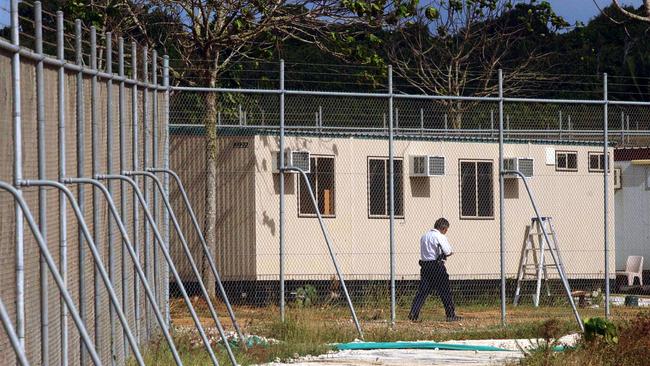
The Howard government fast-tracked plans to build the first “purpose-designed and built” offshore detention centre controlled by Australia in 2002, as the Coalition used its third electoral victory to try to crack down on the people-smuggling trade.
Cabinet records from 2002, released by the National Archives of Australia on Sunday, reveal the government believed its Pacific solution strategy of intercepting “unauthorised boat arrivals” and processing their protection claims on Papua New Guinea or Nauru had been “broadly successful”.
But it was “placing a significant financial burden” on the budget, with increased surveillance and funding required.
CABINET PAPERS 2002
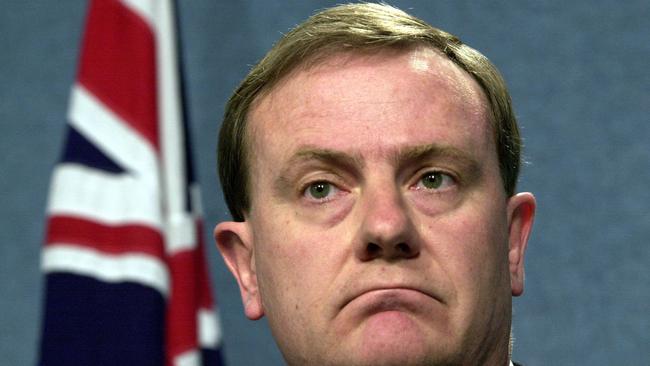
‘Advantage lost’: Costello slams inaction on debt
Twenty years after warning cabinet of significant future budget pressures, former Treasurer Peter Costello says the fiscal and debt position of the nation is far worse than it needed to be.
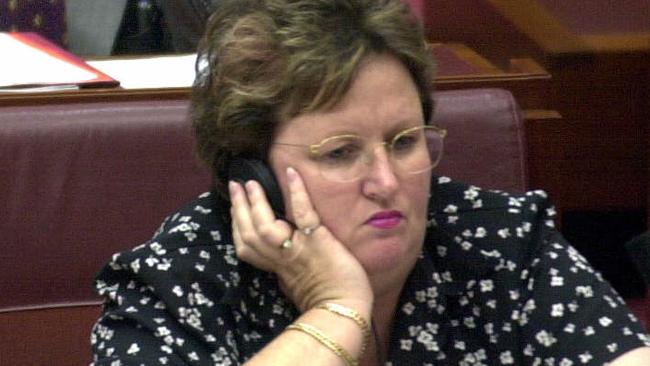
‘I don’t have time for egomaniacs who take notes’
Amanda Vanstone lifts the lid on her time in cabinet, including her dealings with John Howard and disdain for ministers more concerned with publishing memoirs than serving the community.
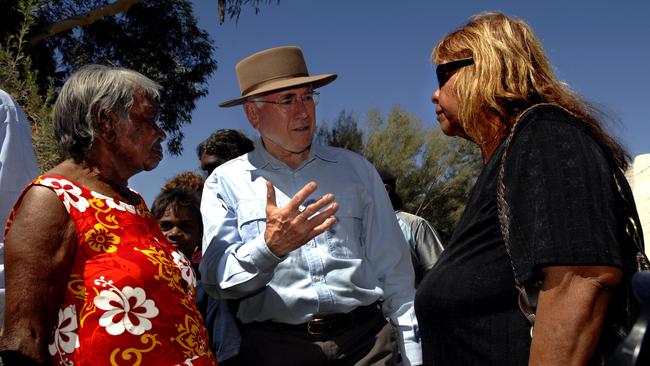
Why Howard government refused to say sorry
Fears that present day Australians would be held responsible for atrocities of the past were behind the Howard government’s refusal to apologise to Indigenous Australians in 2002.
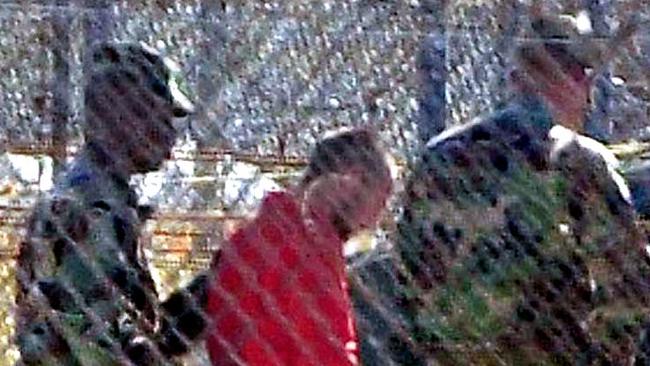
Hicks’ Guantanamo detention ‘lawful’, government ruled
Australian and US governments agreed on the need for a ‘consistent public position’ on Guantanamo detainee David Hicks, cabinet minutes from February 2002 reveal.
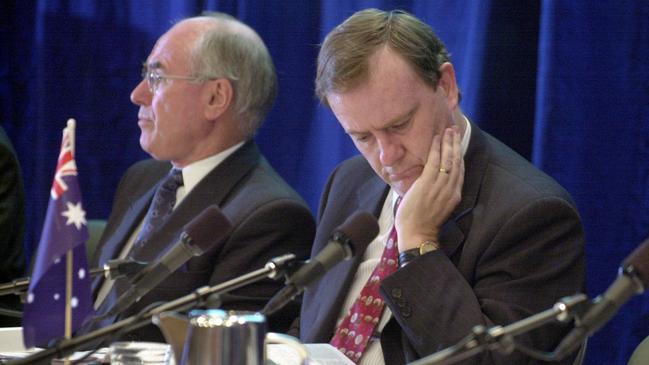
‘Why we never ratified Kyoto was beyond me’: Costello
Peter Costello laments rejection of 1997 Kyoto Protocol as cabinet documents from 2002 reveal Treasury argued for incentives to invest in cleaner energy.
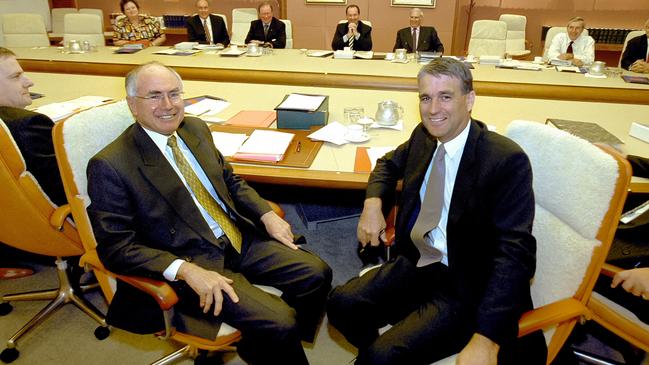
Howard warns on ‘reform fatigue’
John Howard and Peter Costello urge major parties to prioritise deficit and debt reduction to protect the nation from the next major economic shock.
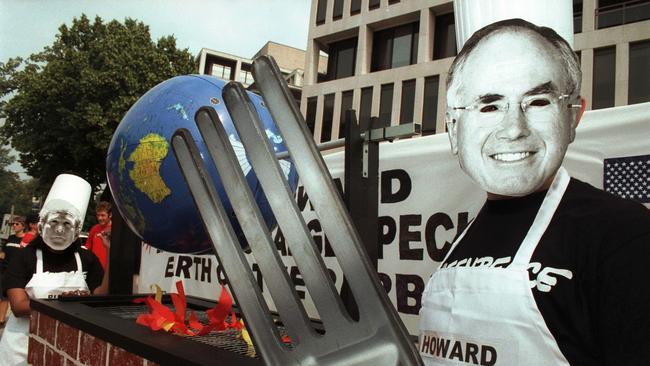
How Kyoto rejection kickstarted the climate wars
Concerns the Kyoto protocol would ‘risk Australia’s competitive advantage in emissions-intensive activities’ were one reason behind Howard government’s refusal to ratify the agreement.

Frustration over new security laws post-9/11
The Department of Prime Minister and Cabinet feared its inability to get state agreement on contentious new security measures in the wake of September 11.

How 9/11, Bali bombings changed our military
With the threat of terrorism looming large, the Howard government created a national special forces command to ensure ‘surgical’ military responses.
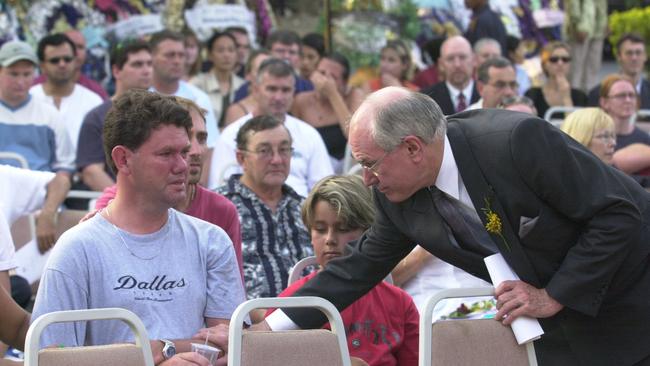
Release of Bali bombmaker ‘regrettable’
Former PM sympathises with victims and relatives over early release from jail of Bali bombmaker Umar Patek.

Australia wary of Afghanistan troop commitment
Declassified national security committee documents reveal that in June of 2002, Defence argued it was ‘not in a position to contribute’ to UN force in Afghanistan.
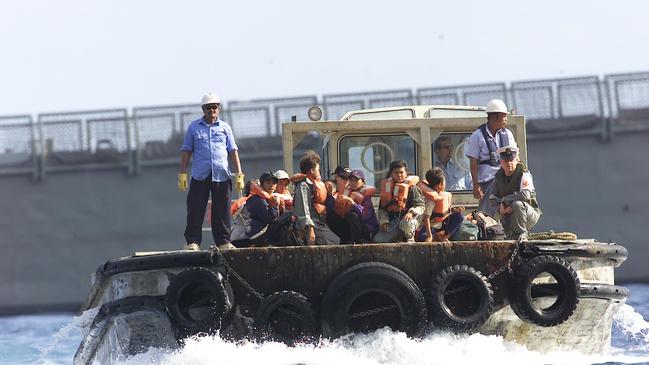
Christmas Island detention centre’s fast-tracking revealed
The Howard government fast-tracked plans to build the first ‘purpose-designed and built’ offshore detention centre controlled by Australia in 2002.
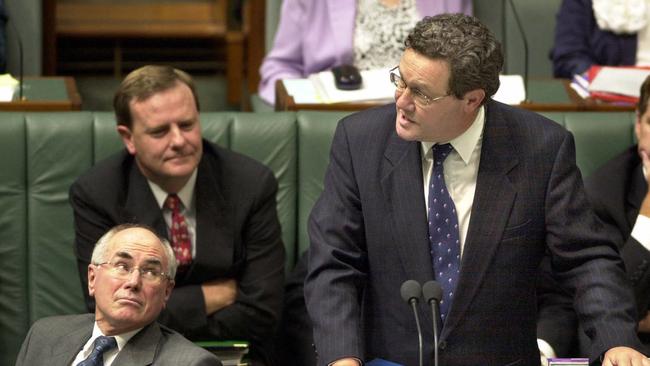
Timor Sea Treaty negotiations to be kept under wraps
Disclosure of details on joint resource-sharing agreement between East Timor and Australia would “damage security”, National Archives rules.
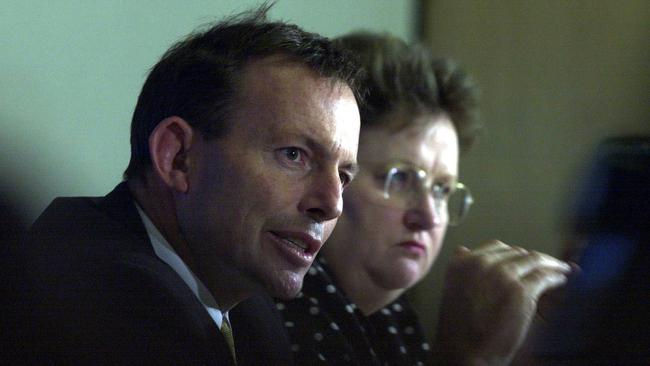
Push to restrain growth of disability pension
Concerns over ‘inappropriate access’ to the Disability Support Pension prompted Howard government to introduce measures to reduce number of recipients, cabinet papers from 2002 reveal.
The first bones of the Christmas Island detention centre were mapped out that year, with the government keen to have more control over its policy.
“The government’s integrated unauthorised arrivals strategy has been successful, in so far as there have been no recent boat arrivals. Recent intelligence suggests turnbacks have had the greatest impact,” then immigration minister Philip Ruddock and foreign minister Alexander Downer wrote in a March 2002 cabinet submission.
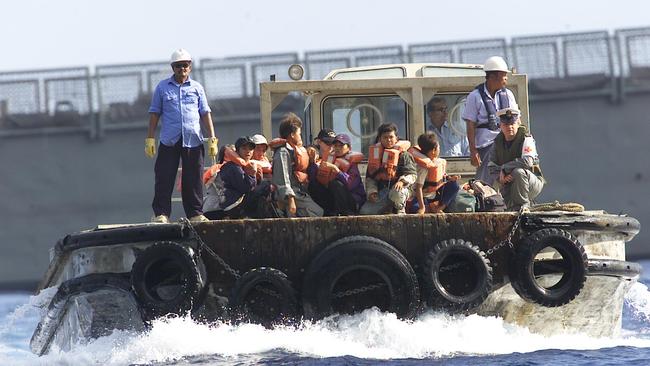
“The Pacific processing strategy should be continued until, at least, sufficient facilities are available on Christmas Island. Agreements with PNG and Nauru are holding, but vulnerable to political variables such as the June 2002 PNG elections, any security risks and detention management difficulties, and are contingent on visible evidence of progress in processing and substantial and continuing removal of detainees.”
Cabinet agreed on a permanent immigration reception and processing centre on Christmas Island with capacity for about 1200 people. The first stage would house 400 people and a construction timetable was drastically reduced from two years to 26 weeks if industry “could meet the challenge”.
The environment minister was asked to consider the “urgent and grave national interests” in the detention centre’s construction when assessing the project under the Environment Protection and Biodiversity Conservation Act.
A media release prepared by Mr Ruddock and former regional services minister Wilson Tuckey said the Christmas Island detention centre “would send a strong message to people thinking of coming illegally to Australia that they would not set foot on the mainland”.
“It will send a clear message that Australia is standing form on mandatory detention,” they said.
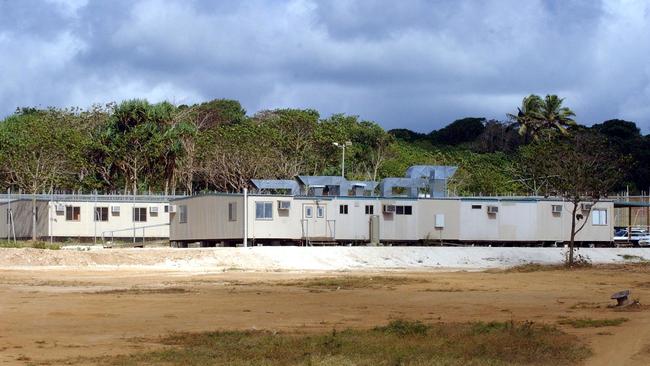
The Howard government reviewed its long-term detention strategy in 2002, with Mr Ruddock noting infrastructure of onshore detention centres “for the air and overstayer caseload” was “ageing, inappropriate and expensive to operate and maintain”. Cabinet ultimately agreed to Mr Ruddock’s requests for other centres in Australia, as well as an extra $81.4m to maintain the strategy to mid-2002.
A humanitarian refugee intake of 12,000 places was agreed by cabinet, while the non-humanitarian migration intake was set at 105,000.
The government rejected calls by the states to adopt specific population targets. “Instead, population-related policies should be pursued that are most likely to encourage innovation and achieve improvements in the living stands of all Australians,” a cabinet minute read.




To join the conversation, please log in. Don't have an account? Register
Join the conversation, you are commenting as Logout